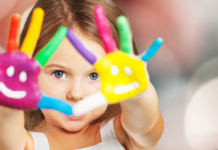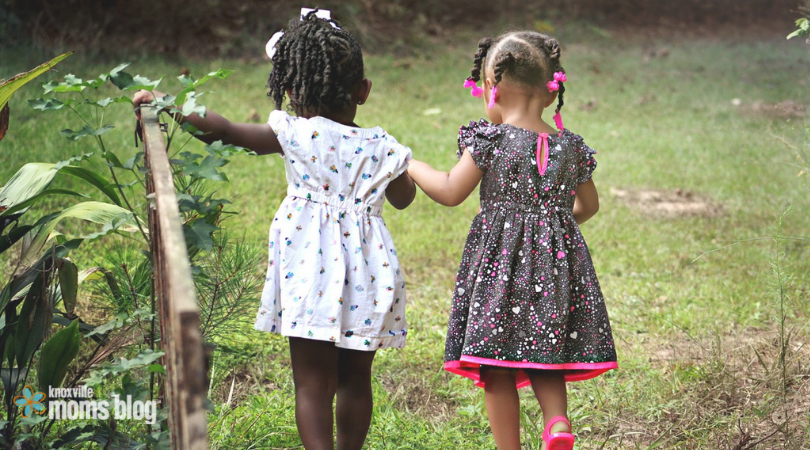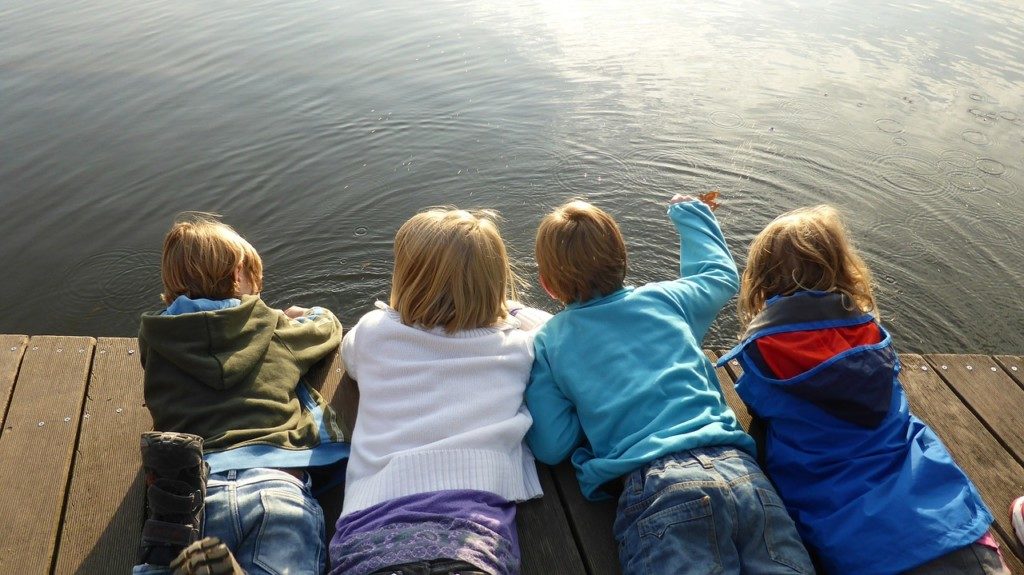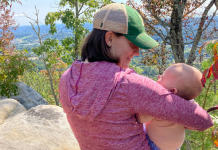I inadvertently let our family’s social calendar for this past week become frightfully overcommitted. As I took stock of all the things I’d said yes to, at separate times, and without connecting that they were all within the same five day span, I realized that all but one had to do with parties or playdates with friends of my six-year-old daughter. Even the one event that involved getting together with adult friends included those friends’ children (who are also friends with our kids). The introvert in me spent a few minutes panicking at all the small talk I would be making with unfamiliar parents in the coming days, but then I remembered a story I’d seen shared a few times on Facebook in recent weeks.
The post was written by a mom who took her son to a friend’s birthday party and realized they were the only non-family members there. The mom shared how hurt the birthday boy was that none of his friends showed up and encouraged other parents to make time for birthday parties, even if they are inconvenient, because it can really mean the world to a child.
This post really got me thinking about how the development of our kids’ friendships depends on our willingness to facilitate opportunities for socialization.
On the one hand, I can totally relate to not wanting to spend precious weekend hours at an overcrowded and overstimulating kid party; we don’t say yes to every class party we’re invited to. However, I try to make it a point to attend the ones thrown by friends I hear my daughter mention playing with the most or that she’s asked to have a playdate with outside of school. On the other hand, I also began wondering how much time and effort the parents of the birthday boy had spent helping him foster his friendships. Obviously, it is ultimately not within our control whether people attend a party, but it is much more likely that our children will have friends show up if we spend time investing in these friendships during other times of the year. If we make a point to attend school events and speak to the parents of our kids’ friends or get their numbers in order to set up times to get together outside of school, these parents will likely be more motivated to put in the effort when the time comes for birthday parties.
Social capital is a term used by social scientists to explain the value social networks can have within a community.
According to author Robert D. Putnam in his book, Bowling Alone, “social capital refers to connections among individuals — social networks and the norms of reciprocity and trustworthiness that arise from them.” There is a wealth of resources on the types of relationships within social capital, how to develop it, and the many important physical and mental benefits that come from being connected to others (both to those like you and also to those who differ in race, family dynamics or socioeconomic status). Putnam recounts research which has shown that states whose communities have high social capital also have healthier babies born, fewer teenage pregnancies, lower school dropout rates, less violent crime and lower rates of suicide in children, even when controlling for other factors like poverty.
The benefits of having a support system and close relationships are pretty well documented. But in the digital age our children are growing up in, it isn’t as easy as it once was for these relationships to develop organically. Fewer neighborhoods have groups of children who meet up outside to play together until the streetlights come on. Kids can’t look their friends’ landline numbers up in a phonebook to invite them over to play. It’s rare that kids are able to ride their bikes to a friend’s house. We as parents have to help arrange and provide transportation to the playdates, involve our kids in extracurriculars that expose them to others outside of their own homogeneous groups, and allow them to put in the time it takes to develop and nurture their relationships. Ultimately our kids will be happier, healthier, and have better emotional self-regulation from forming and maintaining bonds with others.






















